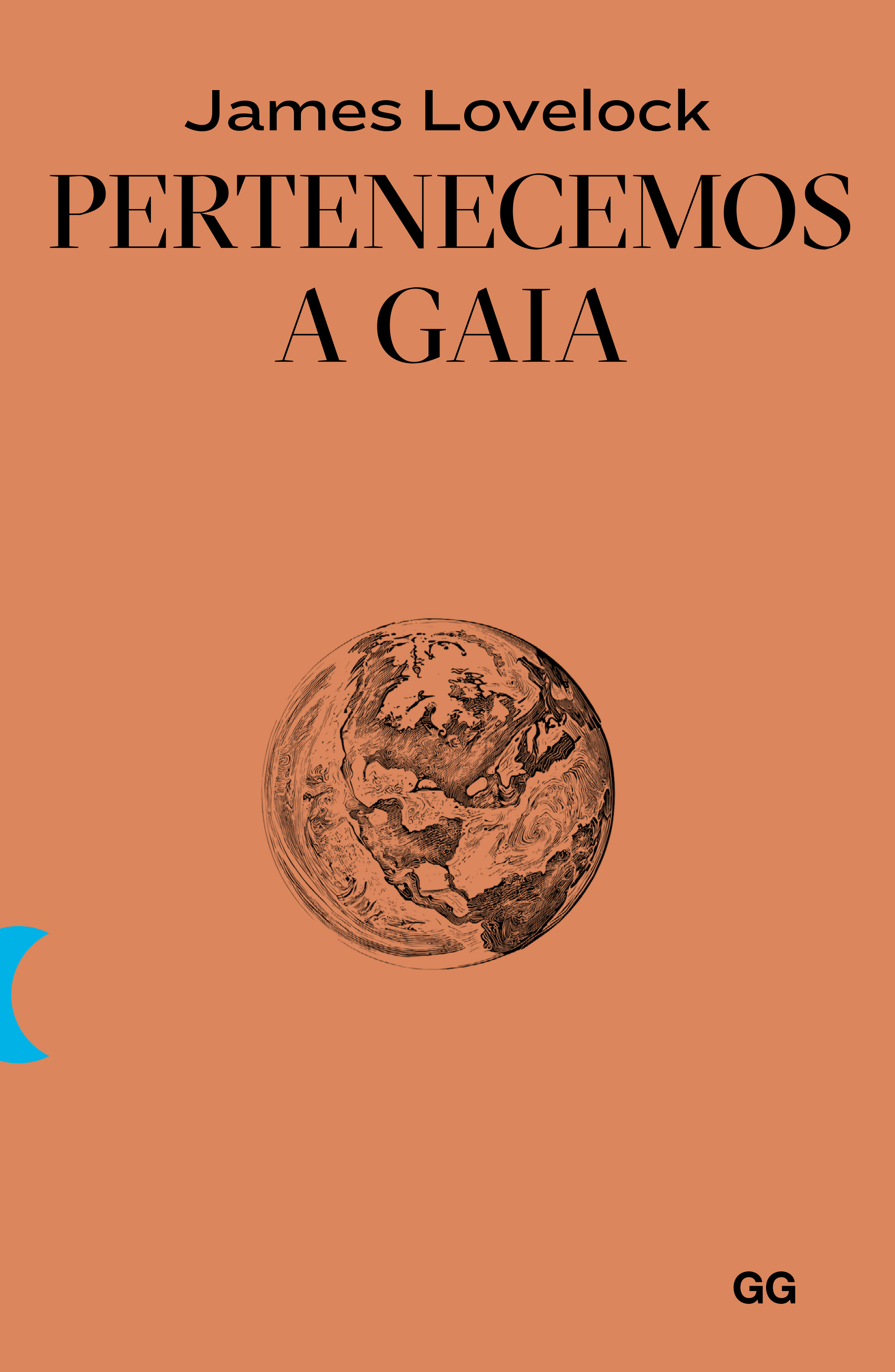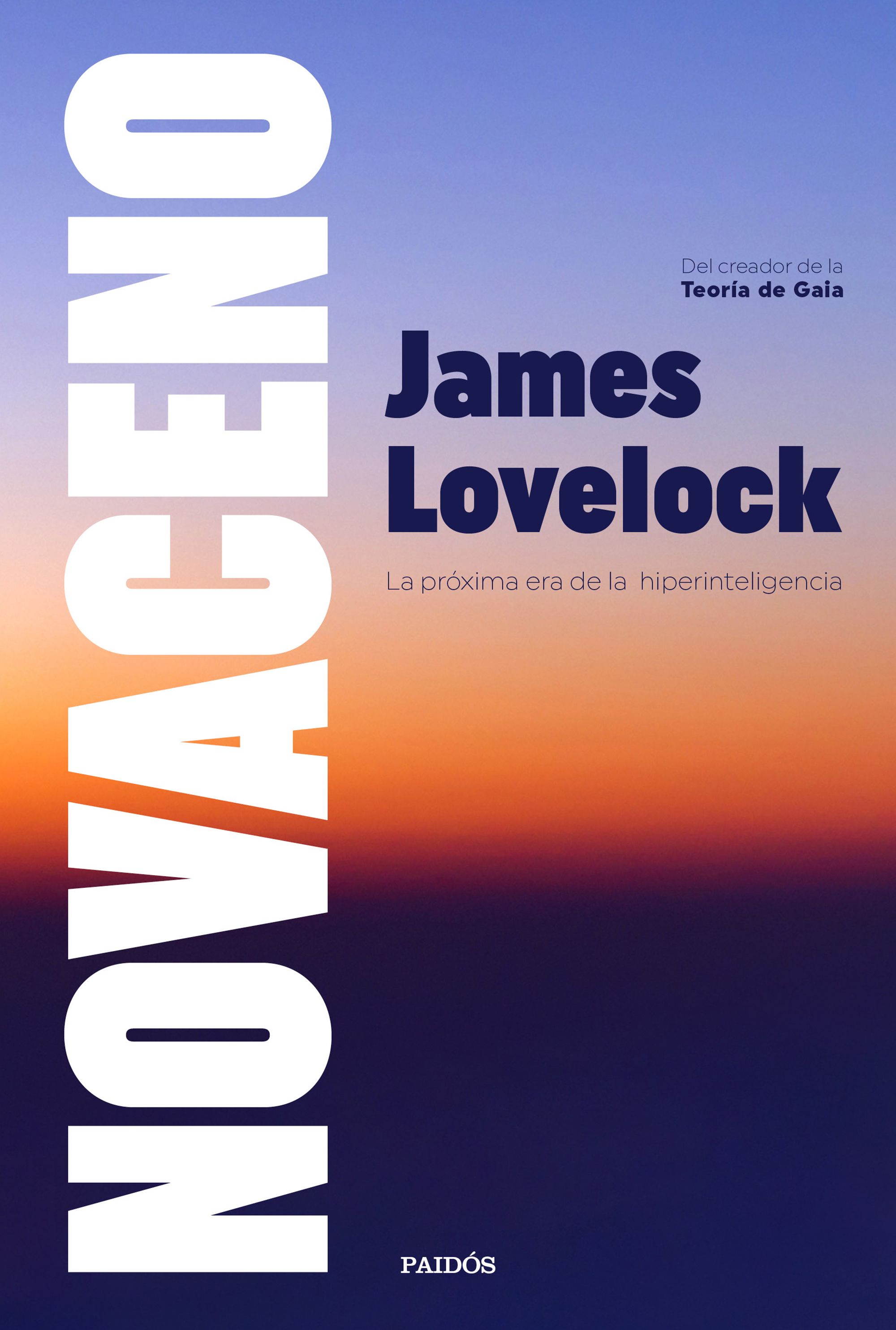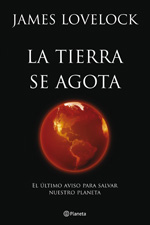The revenge of Gaia
why the earth is fighting back - and how we can still save humanity
- ISBN: 9780141025971
- Editorial: Allen Lane Publishers
- Fecha de la edición: 2006
- Lugar de la edición: London. None
- Encuadernación: Rústica
- Medidas: 19 cm
- Nº Pág.: 240
- Idiomas: Inglés

For millennia, humankind has exploited the Earth without counting the cost. Now, as the world warms and weather patterns dramatically change, the Earth is beginning to fight back. James Lovelock, one of the giants of environmental thinking, argues passionately and poetically that, although global warming is now inevitable, we are not yet too late to save at least part of human civilization. This short book, written at the age of eighty-six after a lifetime engaged in the science of the earth, is his testament. #Lovelock is one of our most distinguished ecologists, the environment movement#s sanest pontificator and a scientist of considerable distinction.# The Observer- Review - Robin McKie #This book could prove to be one of the 21st century#s most important pieces of polemic.# Daily Telegraph #Lovelock addresses the predicament of global warming in the clearest terms you will hear form anyone on the planet.# Daily Mail, Critic#s Choice review by Peter Forbes. #Brief, urgent and sobering polemic# Evening Standard The Times, review by Sir David King. Lovelock #emerges as a scientific visionary.# #The most important book ever to be published on the environmental crisis.# Independent. Review by John Gray. The legendary James Lovelock, originator of the idea of Gaia, makes a brilliantly argued plea that we must change our way of life # before it is too late. Here James explains the Gaia Theory, his views, global warming and us. Some of our readers won#t have heard of Gaia Theory. Could you explain what it is? Just over forty years ago I introduced the hypothesis that supposed our planet had, since life appeared on it, kept the climate and atmospheric composition favourable for its inhabitants. The novelist William Golding, a friend and neighbour, suggested that I call it Gaia after the ancient Greek Goddess of the Earth. As with most large and incomplete hypotheses it was fiercely challenged by Life and Earth scientists; its only supporters among scientists were a f










